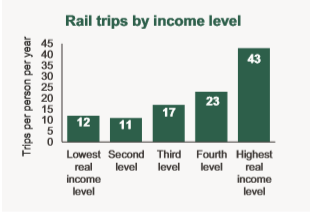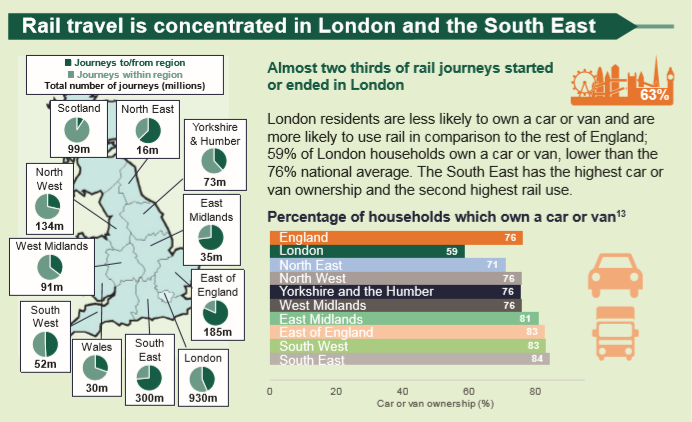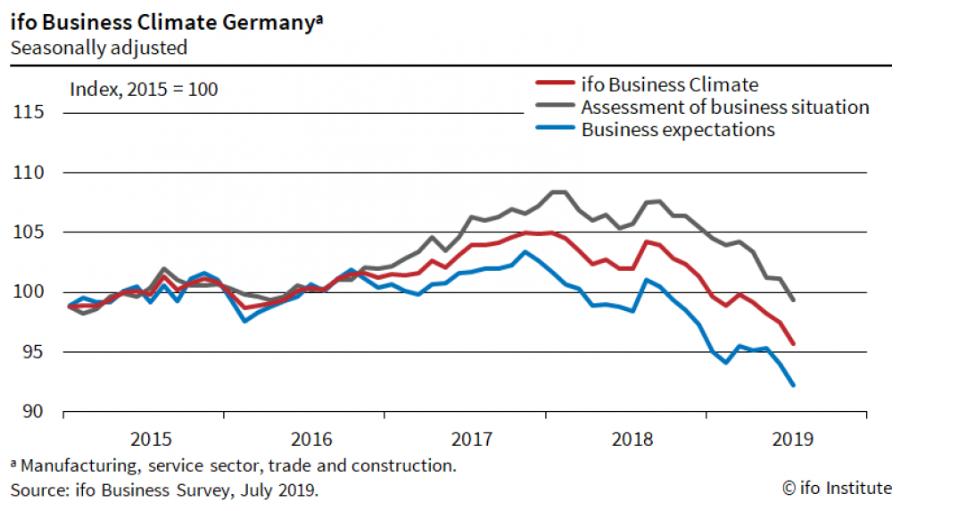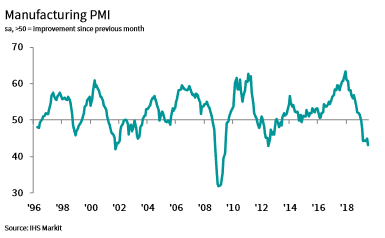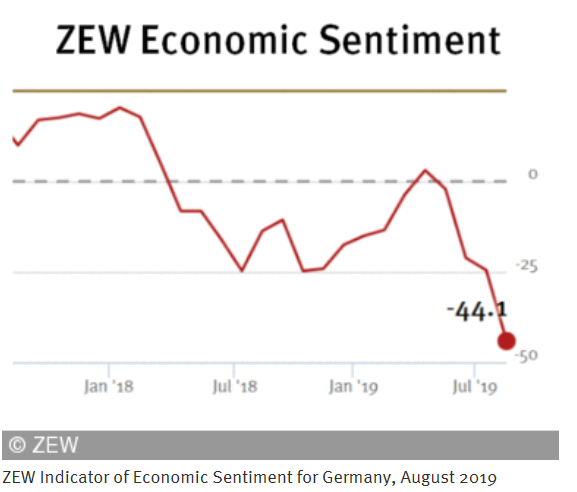
I’ve read some utter tosh on the state of the UK public finances in the last few days. Here's an attempt to correct some of the biggest misunderstandings.
Most importantly, government debt does not have to be ‘repaid’, only serviced... (1/19)
#SR20 #SpendingReview #RishiSunak
Most importantly, government debt does not have to be ‘repaid’, only serviced... (1/19)
#SR20 #SpendingReview #RishiSunak
As long as the government can meet the interest payments (I’ll discuss the risks here later), maturing debt can simply be rolled over. (2/19)
This is what usually happens. The last time the UK ran a budget surplus was in 2000-01, since when public debt has increased by more than £1,700 billion. (3/19)
The key to fiscal sustainability is to avoid a vicious circle where higher interest payments require more borrowing, adding to debt and thus driving up interest payments even further. A higher stock of debt obviously increases this risk. (4/19)
For this reason, it is usually considered desirable to stabilise the debt/GDP ratio, or reduce it, and big jumps are a concern.
Nonetheless, there is no particular threshold for the debt/GDP ratio where debt sustainability becomes a problem. (5/19)
Nonetheless, there is no particular threshold for the debt/GDP ratio where debt sustainability becomes a problem. (5/19)
In the OBR’s central scenario, UK gov't debt jumps to 105% of GDP this year and then stabilises close to this level. But this ratio has been much higher in the past, and is expected to remain lower here than in the US, France, Italy, or Japan. (6/19)
Incidentally, this measure of net debt includes loans made by the BoE to the private sector under its ‘Term Funding Scheme’, which are not netted off as assets because they are considered too illiquid. If these are excluded, UK public debt is actually still <100% of GDP. (7/19)
What’s more, the cost of financing this debt (in £bns and as % of revenues) has actually fallen: the increase in the stock of debt has been more than offset by a fall in the average interest rate on this debt (including the lower cost of inflation-indexed debt). (8/19)
OK, what about the risk that interest rates take off? A significant rise in the interest rates on a high stock of debt could be a game-changer and it is right to worry about this. But there are three reasons not to panic. (9/19)
First, the average remaining life of UK government borrowing the gilt market is around 13 years. This means that even if interest rates do rise soon, it will be a long time before this is reflected in the overall cost of borrowing. (10/19)
This is not (as some seem to think) just kicking the can down the road for future generations. This is because in ten to fifteen years the economy will be larger and the burden of a given stock of debt will be smaller. (11/19)
Second, the Treasury now gets a large chunk of the interest back anyway from the BoE which refunds profits from its gilt holdings, minus the interest – currently just 0.1% - that the BoE itself pays to commercial banks on the reserves created to purchase them. (12/19)
Admittedly, this creates some new risks. At some point the BoE may want to sell its gilts back onto the open market. This is a double threat, both because it could drive up bond yields and because the Treasury will then lose the repaid profits. (13/19)
Even if the BoE keeps the gilts on its books, there is the risk that the interest rate that it pays on the reserves (the Bank Rate) increase from its current very low levels. As the OBR explains, QE has effectively swapped gilts for floating rate central bank reserves. (14/19)
As result, the sensitivity of debt interest to a 1 percentage point rise in short-term interest rates has doubled from £6 billion (0.2% of GDP) to (a still low) £12 billion (0.5% of GDP). (This is what @Peston was trying to get at here…) (15/19)
itv.com/news/2020-11-2…
itv.com/news/2020-11-2…
But this is where the third point comes in. If interest rates do rise, we also need to know *why* they are rising. Presumably, it would either be because the economy is recovering more quickly than expected, or because inflation is higher (or both). (16/19)
In either case, nominal GDP would also be higher, thus reducing the budget deficit (excluding interest payments) and the burden of debt as a share of GDP. This is very likely to more than offset any increase in debt interest payments. (17/19)
In fact, I’d go further and suggest that the return of interest rates towards more normal (but still relatively low) levels would actually be a nice problem to have! (18/19)
To be clear, even if the government doesn’t face the same financial constraints as a household, high public spending and borrowing has other risks, including the misallocation of resources - and inflation. But talk of ‘maxing out the credit card’ is just claptrap. (19/19)
• • •
Missing some Tweet in this thread? You can try to
force a refresh

